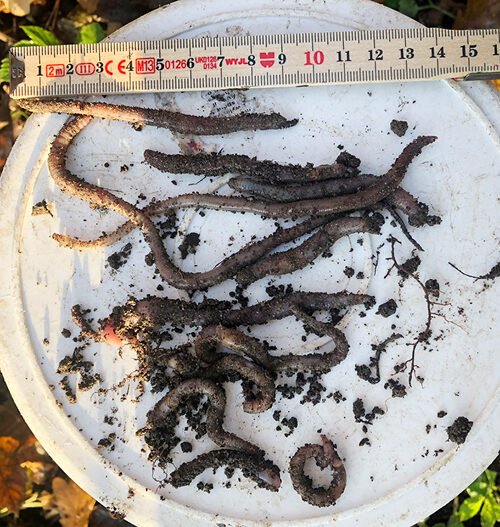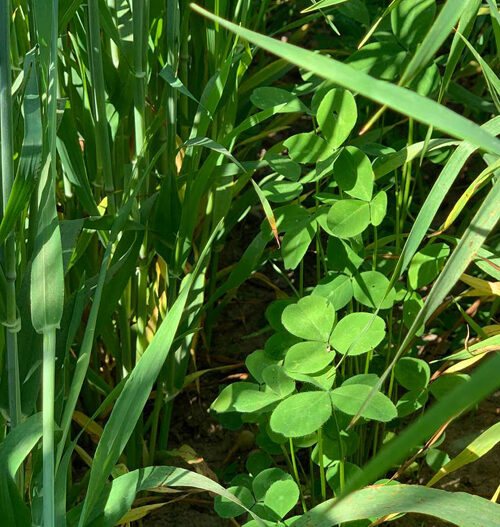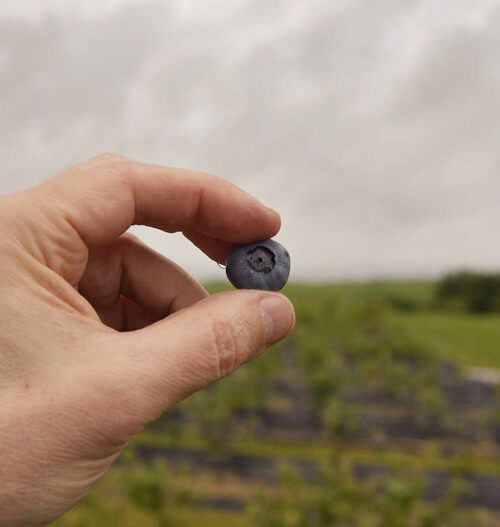What is farming with nature?
Farming is our business, but as we learn how important nature is for the success of our operations, we make a great deal out of protecting, even expanding, natural habitats, enhancing biodiversity and caring for threatened species.
Further, we incorporate regenerative agriculture principles to improve soil health and we have committed to a set of ambitious goals in order to reduce our carbon footprint. Our commitment goes beyond merely being sustainable. We want to leave things better than we found them.
On our farms we utilize operational guidelines that include overarching sustainability goals, including specific guidance on how to implement these on-farm. They include guidelines to natural resource conservation, improvement of soil fertility, diverse crop production, minimisation of synthetic pesticides and fertiliser, preservation of existing natural habitats and water bodies, including 10-metre fenced off vegetated buffer strips along all major streams, rivers and lakes.
Additionally, we dedicate at least 1% of the total area on each farm to water habitats and 10% to non-farmed habitats on land to allow these spaces to freely revert to their natural, wild state.
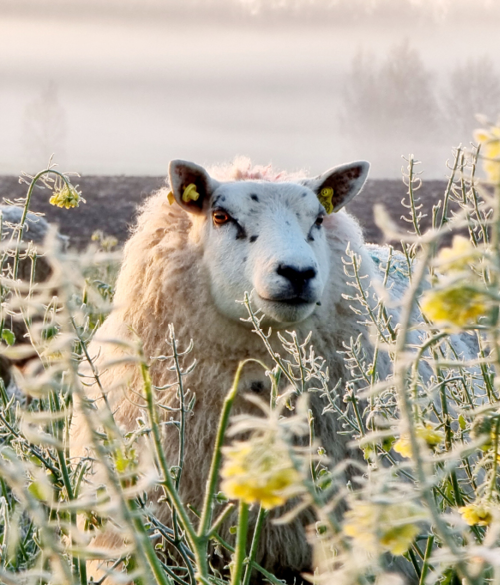
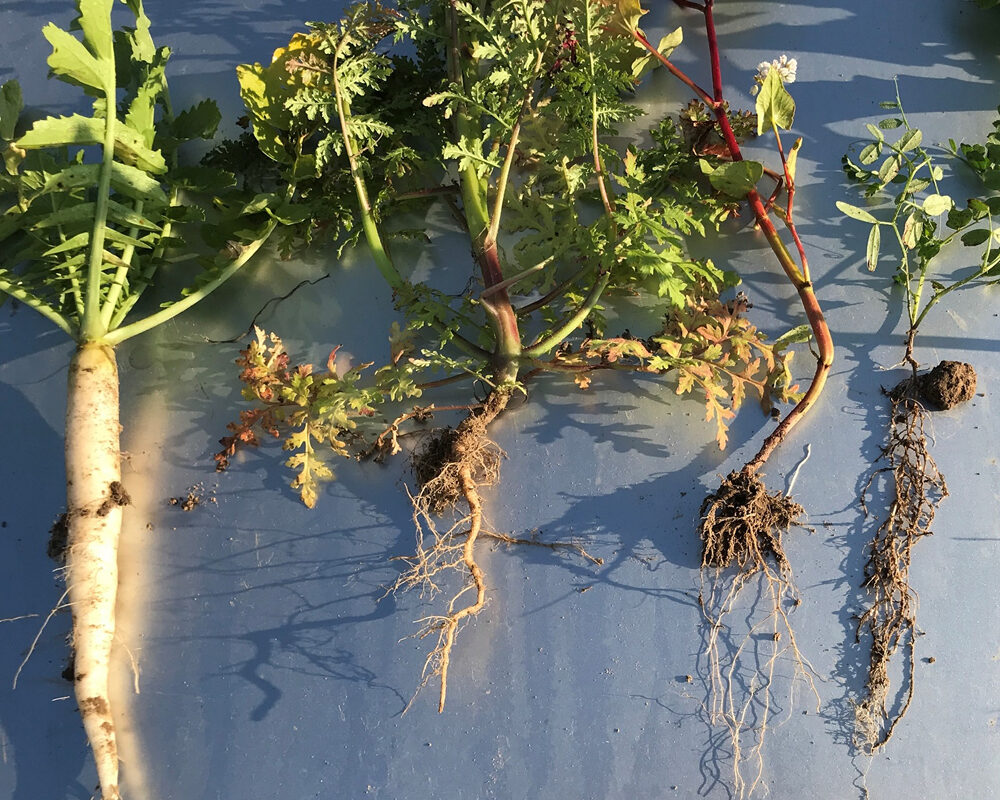
We monitor and measure our impact and progress
Ecologists and biologists are engaged to perform audits of bird species and to help identify endangered and invasive species that inhabit the farms. We monitor biodiversity on-farm, and we frequently conduct biological surveys to keep track of the development.
All farms seek to achieve a “scruffy” look that mimics the diverse and vibrant appearance of natural environments and avoid manicured lawns and linear rows of uniform trees.
We have a long history of collecting data. We measure and monitor the progress towards our goals and publish them in annual Production & Sustainability reports with metrics that track yields, fertiliser and pesticide use, water and energy use efficiencies, greenhouse gas emissions etc.
On each farm, we collect soil samples with precise location data to track how soil characteristics change over time, improving our understanding of the impact our farming methods have on the soil.
Why we farm with nature
Ingleby Farms was founded in 1998 out of a visionary dream to demonstrate that farming at large-scale can be done in a way that is sustainable for – and even improving – nature and the environment while at the same time being profitable. We experience first-hand how nature and our productive areas can work together.
To us, farming is one of the most important jobs there are. We see ourselves as both farmers, scholars and entrepreneurs.
We invite people onto our farms, we want to show them that we practice what we talk so passionately about, and we hope to inspire the next generations of farmers to be as excited about agriculture, as we are.
On this planet, to be able to continue producing good, healthy food in a rapidly changing environment with climate change, water scarcity, soil erosion and biodiversity loss, the work we do at our farms, is necessary.
We grow both crops and soil; spongy, crumbling, moist, sweet-smelling soil, teeming with organic matter and miniscule lifeforms. We strive to grow more with less and we strive to replace synthetic inputs with knowledge.
We have a desire to contribute to feeding the world, while rebuilding soil, saving water and protecting nature. We wish to lead by example of how to farm in ways that is a winning strategy for both farming as a business and for nature.
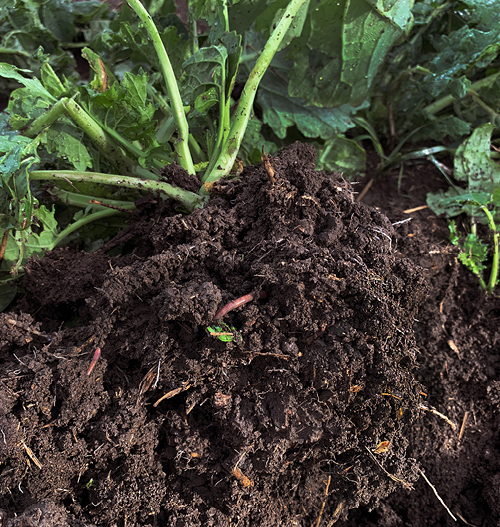
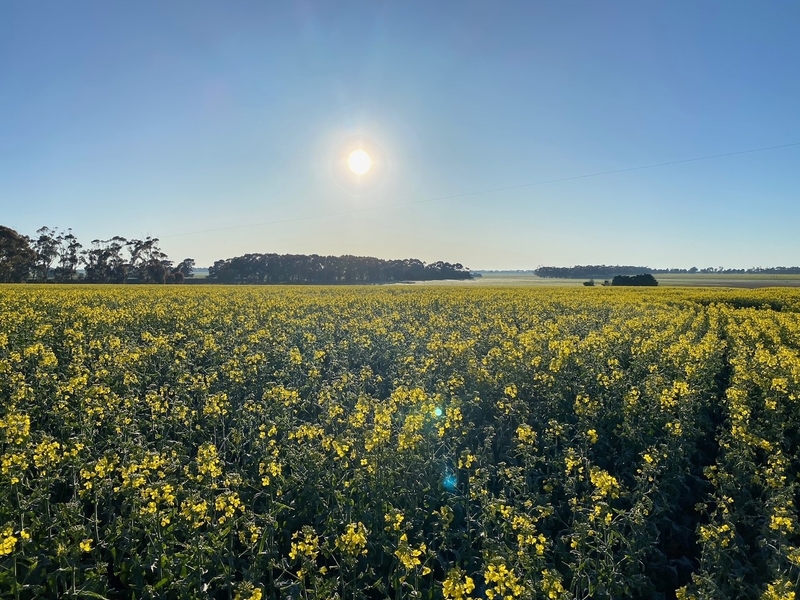
Farming with nature presents challenges and opportunities
In our view, the need and demand for sustainability and complete traceability in food production, will provide a competitive advantage. Because, in a not-so-distant future this will be the only viable option there is if we as a civilization want to maintain the possibility to farm the lands.
To achieve success with sustainable ways of farming it must align with sustainable business strategies. Investing in our commitment to farming with nature is not free.
To succeed long-term, it requires partners and customers that will appreciate and reward products of high quality which do not compromise with nature and the environment. People who will enjoy our produce while knowing that by choosing these over alternative products they help promoting biodiversity and soil fertility.
Farming with nature is not a quick fix or the easiest strategy. But we firmly believe in our mission and that farming done in ways that rebuild nature will be rewarded.
The long-term perspective
We farm for the long-term perspective with an insatiable curiosity and desire to see the fruits of our work. We are passionate, hands-on farmers. We walk in our own fields every day. Walking with the farm managers, we discuss how to optimise our productivity, crop rotation, or how to improve habitats.
We are not out to make a quick buck by taking short-cuts or “mining” our farms. We think long-term which requires us to farm in ways that do not just give us a win here and now only to leave the land depleted for the next generations.
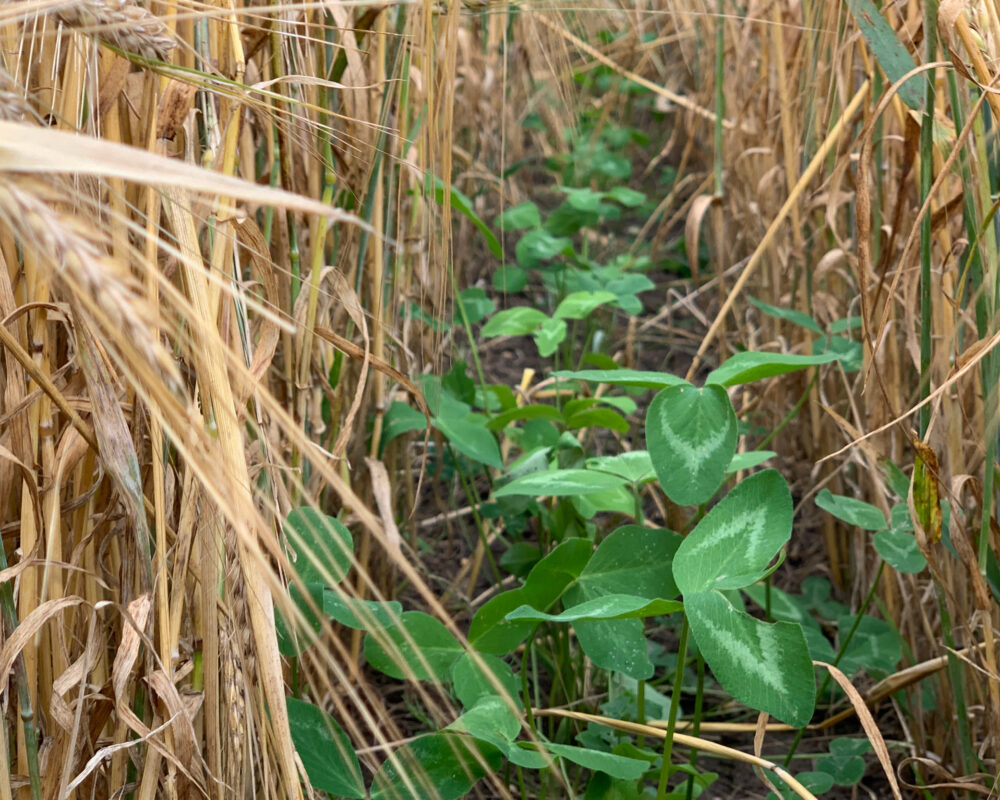
“In my years travelling with Ingleby, I have seen a lot of bad things in agriculture. Intensive farming in Europe has eradicated 70% on the insects in a few decades. Grain prices have declined 40% […] because of oversupply, and this has been a disaster for farmers’ ability to look after soil fertility. We need to repair what has been damaged.
Ingleby Farms does not think of farming as an investment with a ten-year horizon. To turn a farm around takes 25 years, and to get it really into shape takes 50 years. Our perspective is 150 years ahead, or more. So, we want to farm sustainably, and we want to show how it is possible to do that and make a profit. We want to improve biodiversity. That is why we count birds on our farms three times during spring and early summer, because they are clear indicators of biodiversity.”
– Hans-Henrik Kofoed
“We want to be transparent and have traceability of what we are doing.”
– Mette Duedahl Høyer, Chief Sustainability Officer
Want to read more content like this?
Sign up to our newsletter and receive stories like these.


